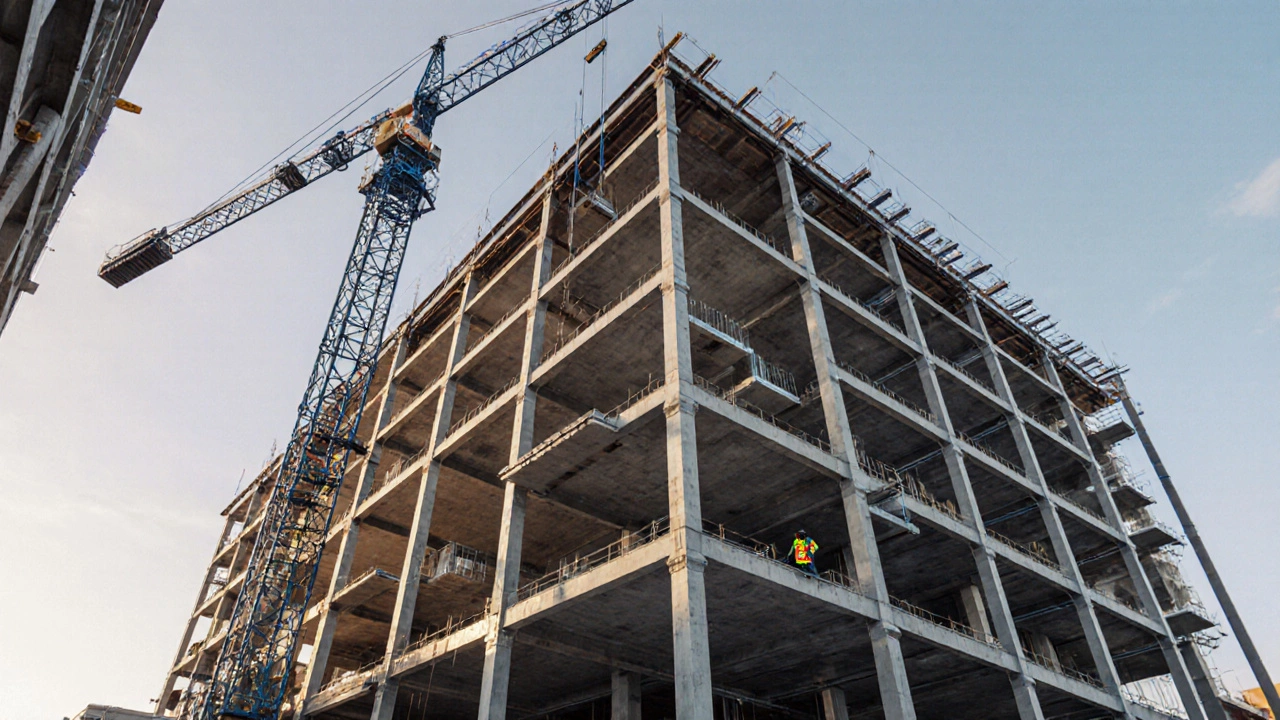
Understanding Type D Construction in Commercial Building
Explore Type D construction, its definition, code requirements, typical uses, design tips, costs, sustainability, and FAQs for commercial projects.

Explore Type D construction, its definition, code requirements, typical uses, design tips, costs, sustainability, and FAQs for commercial projects.

Find out exactly what separates commercial from non-commercial use in building and business, how the rules differ, and why these definitions matter for everyone.

Unlock what truly separates commercial from industrial construction. Get practical tips, clear facts, and surprising details you can actually use.

Find out what commercial insurance really covers. Break down property, liability & specialty coverage. Get practical tips to better protect your business.

Dive into the real meaning of a commercial project. Explore types, uses, legal facts, and what makes these projects unique in construction and business.

Wondering why commercial construction feels like a whole other world compared to building a house? This article breaks down the big differences between commercial and residential projects, including team size, budget, safety rules, and even the kinds of headaches you run into. Get tips to avoid rookie mistakes and see how each type of build comes with its own checklist. If you’re thinking of making the jump or just want to understand what’s really going on behind the scenes, you’re in the right place.

This article breaks down what actually qualifies a building as commercial, clearing up confusion between commercial, residential, and mixed-use properties. It covers the rules, real-life examples, and what developers should pay attention to. You’ll learn about zoning laws, typical uses, and even find out the differences in codes and taxes. Whether you're curious about starting a business or just want to know more about the real estate world, this guide has insights and actionable info.

Deciding between commercial and residential construction isn't just about the size of the building—it's about risk, reward, and long-term goals. This article breaks down what really matters when choosing where to put your money, time, or business plans. Discover hidden costs, timelines, and regulations that can make or break your project. Real-world tips help you figure out which path makes sense for you. Get the facts before you sign a contract or call your first contractor.

Ever wondered what sets commercial construction apart from residential? Dive into the nuts and bolts of these two distinct types of construction. From building codes to the budgetary scale, this guide breaks down the essential differences, helping you understand the unique challenges and considerations involved. Whether you're a budding builder or just curious, you'll find useful insights here.

Understanding what 'licensed for non-commercial' means in the realm of commercial construction is crucial for avoiding legal hassles. This article delves into the implications, practical examples, and potential pitfalls associated with using resources under this license. With real-world applications and expert tips, it provides clarity to construction professionals and enthusiasts alike.

Exploring commercial construction methods reveals a diverse set of techniques tailored to various project needs. Each method is chosen for its unique strengths, whether it's cost-efficiency, speed, or flexibility. In this article, we break down the most common strategies like design-build and prefabrication. Learn how different approaches influence the timeline and budget. Understand the reasons behind selecting specific methods based on project requirements.

Commercial use in construction entails spaces or buildings intended for business-related activities. This includes retail spaces, office buildings, industrial facilities, and more. Understanding the nuances of what falls under commercial use helps stakeholders comply with zoning laws and building codes. This knowledge is crucial for architects, builders, and investors embarking on construction projects. The article explores the types, regulations, and tips for navigating commercial use in construction.